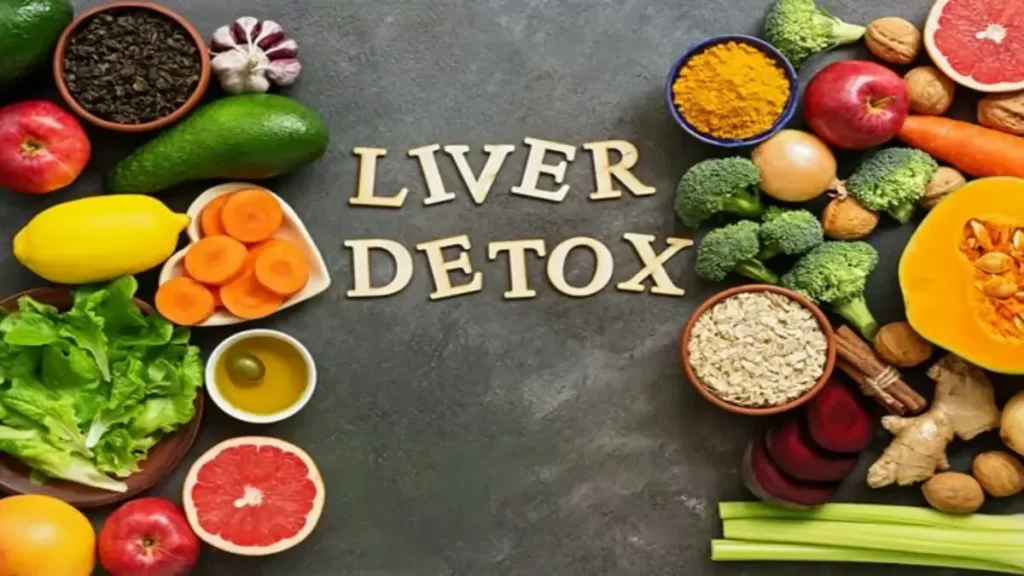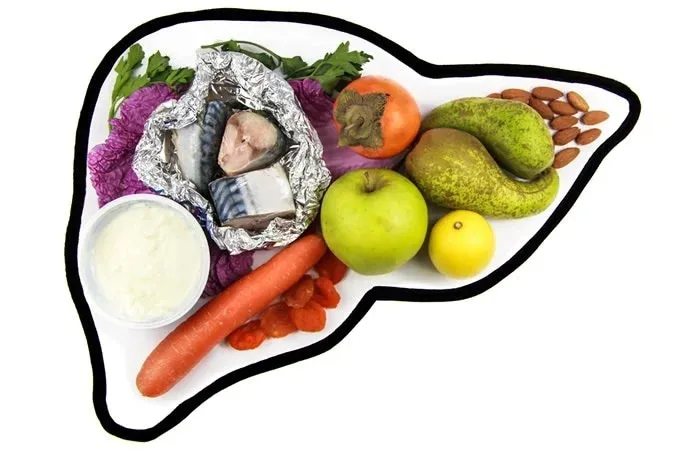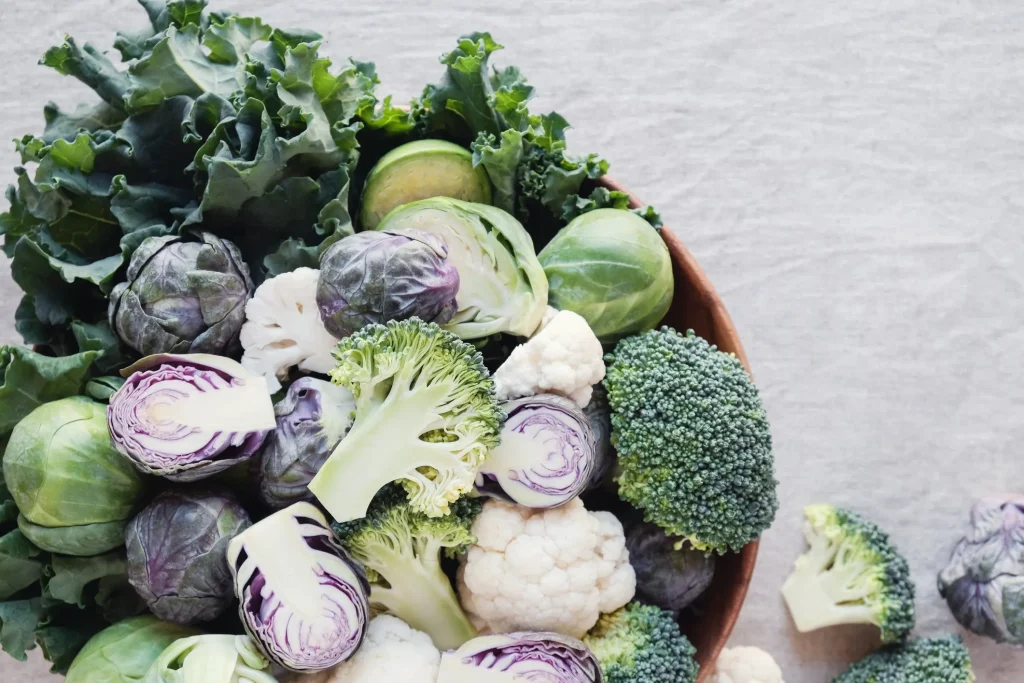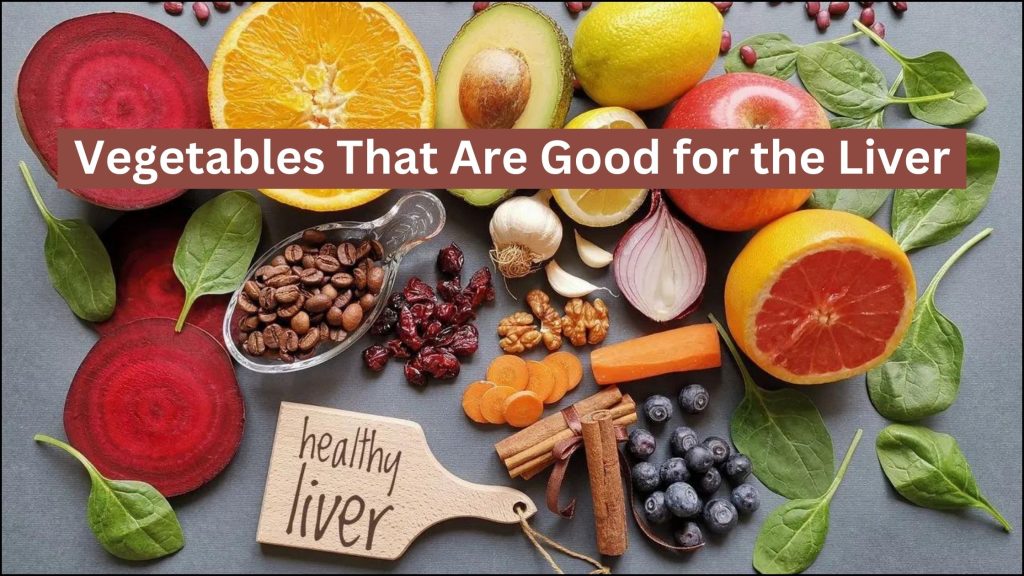Introduction to Liver Health
Vegetables The liver plays a crucial role in detoxification, metabolism, and overall well-being.
However, various factors such as unhealthy diet, alcohol consumption, and sedentary lifestyle can impair its function. Incorporating liver-friendly vegetables into your diet can significantly support liver health and function.

Importance of Liver Function
The liver is responsible for filtering toxins from the bloodstream, metabolizing nutrients, and producing bile, which aids in digestion. When the liver is overwhelmed with toxins or unhealthy substances, its function can become compromised, leading to various health issues.
Role of Diet in Liver Health
Diet plays a pivotal role in maintaining liver health. Consuming a balanced diet rich in nutrients and antioxidants is essential for supporting liver function. Vegetables, in particular, are excellent choices due to their high fiber content, vitamins, minerals, and antioxidant properties.
Criteria for Choosing Liver-Friendly Vegetables
When selecting vegetables for liver health, it’s essential to consider their nutrient content, antioxidant properties, and potential to support detoxification processes. Opting for organic produce can further reduce exposure to harmful pesticides and chemicals.

Top Vegetables Beneficial for Liver Health
Leafy Greens: Spinach, kale, and collard greens are rich in chlorophyll and antioxidants, which help neutralize toxins and support liver detoxification.
Cruciferous Vegetables: Broccoli, Brussels sprouts, and cabbage contain compounds like sulforaphane, which promote liver enzyme production and enhance detoxification.
Beetroot: Beets are high in betaine and antioxidants, which support liver function and help reduce inflammation.
Carrots: Carrots are rich in beta-carotene and flavonoids, which protect liver cells from damage and promote overall liver health.
Garlic: Garlic contains allicin and selenium, which support liver detoxification and reduce oxidative stress.
Turmeric: Curcumin, the active compound in turmeric, has potent anti-inflammatory and antioxidant properties, making it beneficial for liver health.
Artichokes: Artichokes contain cynarin and silymarin, which support liver function and aid in bile production.
Ways to Incorporate Liver-Friendly Vegetables into Diet
There are numerous delicious ways to incorporate liver-friendly vegetables into your diet, including:
- Adding leafy greens to salads or sandwiches
- Blending cruciferous vegetables into smoothies
- Incorporating beets and carrots into soups or stews
- Stir-frying garlic and turmeric with vegetables for a flavorful dish
- Enjoying artichokes as a side dish or appetizer
Precautions and Considerations
While vegetables offer numerous health benefits, it’s essential to consider certain precautions:
- Opt for organic produce whenever possible to minimize exposure to pesticides and chemicals.
- Be mindful of any allergies or intolerances to specific vegetables.
- Consume a variety of vegetables in moderation to avoid excess intake of certain nutrients.
Additional Lifestyle Factors for Liver Health
In addition to a balanced diet rich in liver-friendly vegetables, maintaining a healthy lifestyle is crucial for optimal liver function. Staying hydrated, engaging in regular exercise, and limiting alcohol intake are all important factors in supporting liver health.

FAQs (Frequently Asked Questions)
Can liver-friendly vegetables reverse liver damage?
While incorporating vegetables into your diet can support liver health, they may not reverse significant liver damage. It’s essential to consult with a healthcare professional for personalized treatment and management of liver conditions.
Are there any vegetables that should be avoided for liver health?
Some individuals with specific liver conditions may need to limit their intake of certain vegetables, such as those high in oxalates or vitamin K. It’s best to consult with a healthcare provider for personalized dietary recommendations.
How often should I consume liver-friendly vegetables?
Aim to incorporate a variety of liver-friendly vegetables into your diet regularly, ideally daily or several times a week, to reap their health benefits.
Can supplements replace the need for liver-friendly vegetables?
While supplements may provide certain nutrients, they cannot fully replace the benefits of whole foods like vegetables. It’s best to obtain nutrients from a balanced diet rich in a variety of fruits, vegetables, whole grains, and lean proteins.
Are there any side effects of consuming too many liver-friendly vegetables?
While vegetables are generally safe and nutritious, consuming excessive amounts of certain vegetables may cause digestive discomfort or other adverse effects in some individuals. It’s important to listen to your body and consume vegetables in moderation.
Conclusion
Incorporating liver-friendly vegetables into your diet is a simple yet effective way to support liver health and function. By choosing nutrient-rich, antioxidant-packed vegetables and incorporating them into delicious meals, you can promote overall well-being and vitality.

